
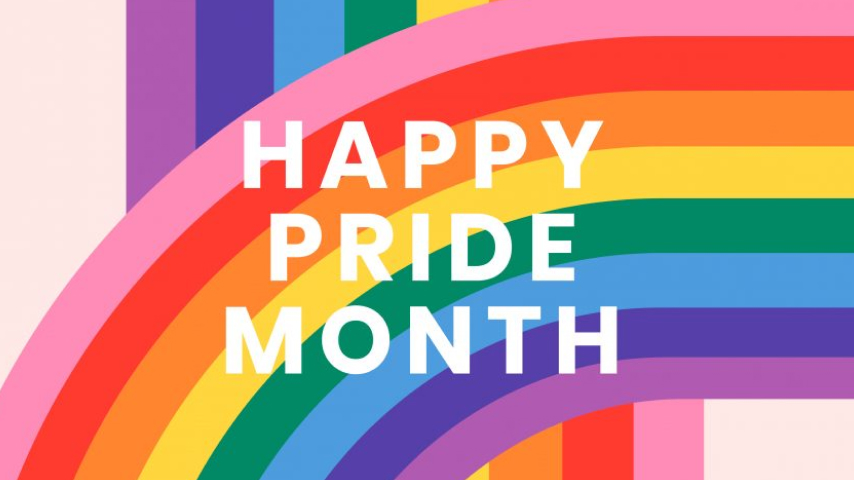
In June, the United States celebrates and recognizes individuals in the LGBTQ+ community. In honor of the 1969 Stonewall Uprising, Pride Month acknowledges the influence of LGBTQ+ individuals on local, national, and international history. The purpose of Pride Month is to lift Queer voices and to reflect on the critical history that made Pride Month an official celebration.
The NYC Pride committee announced "Reflect, Empower. Unite." as its theme this year to highlight the importance of the NYC Pride March as the intersection for Queer liberation and joy. According to the NYC Pride organization, the theme draws upon the history of Queer activism, which ignited the movement for LGBTQ+ rights throughout the 20th century. Taking in the history of Pride Month, Queer activists in the 21st century reflect on past hardships of inequality and discrimination to shape the future of Queer activism, representation, and equality.
Here are some specific ways you can celebrate Pride Month and support the Queer community:
Below is a brief list of the different types of flags that represent the LGBTQIA+ community. Scroll down for a more in-depth list and descriptions of more flags not shown here.
Rainbow Flag
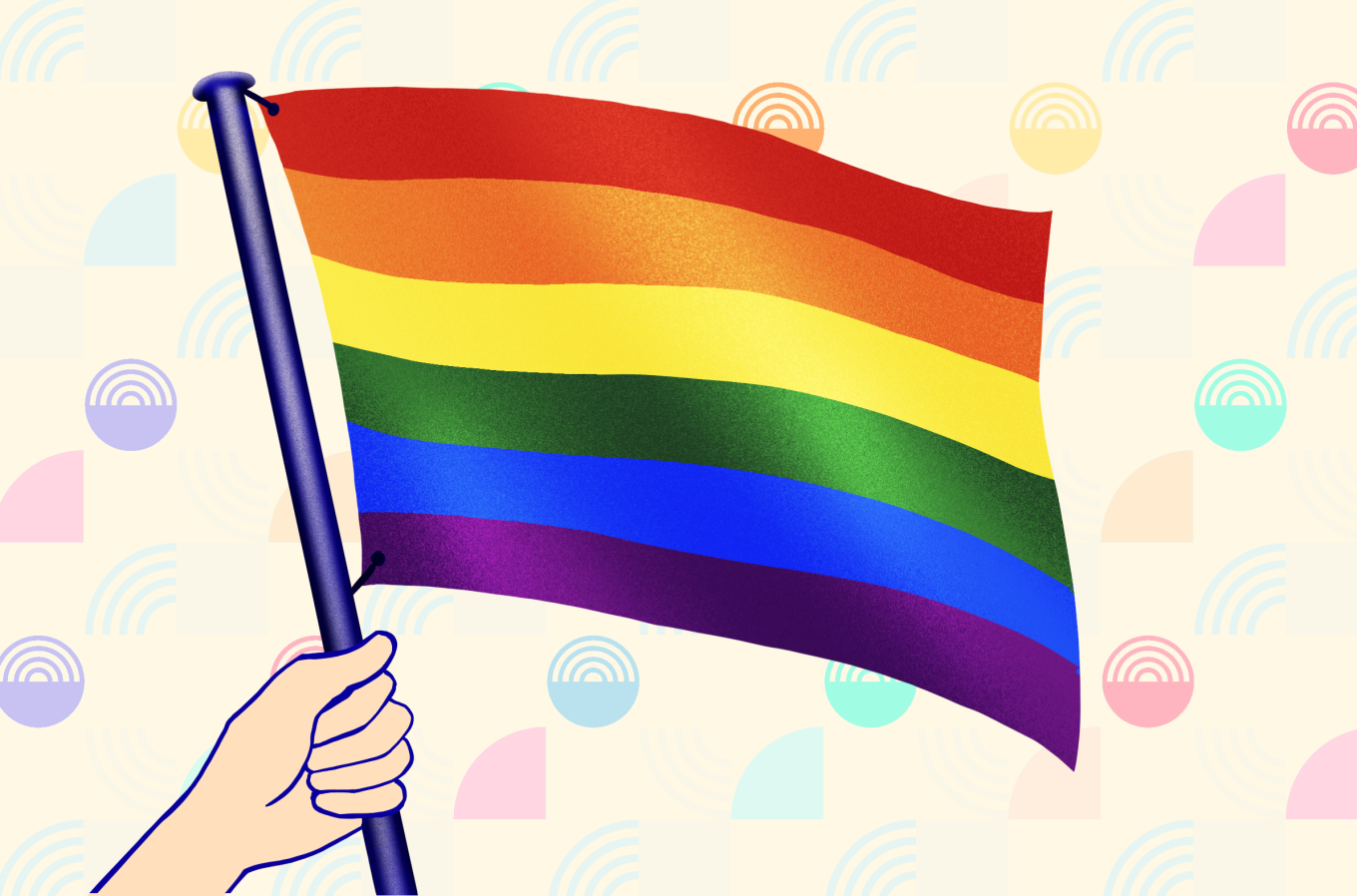
Progress Pride Flag
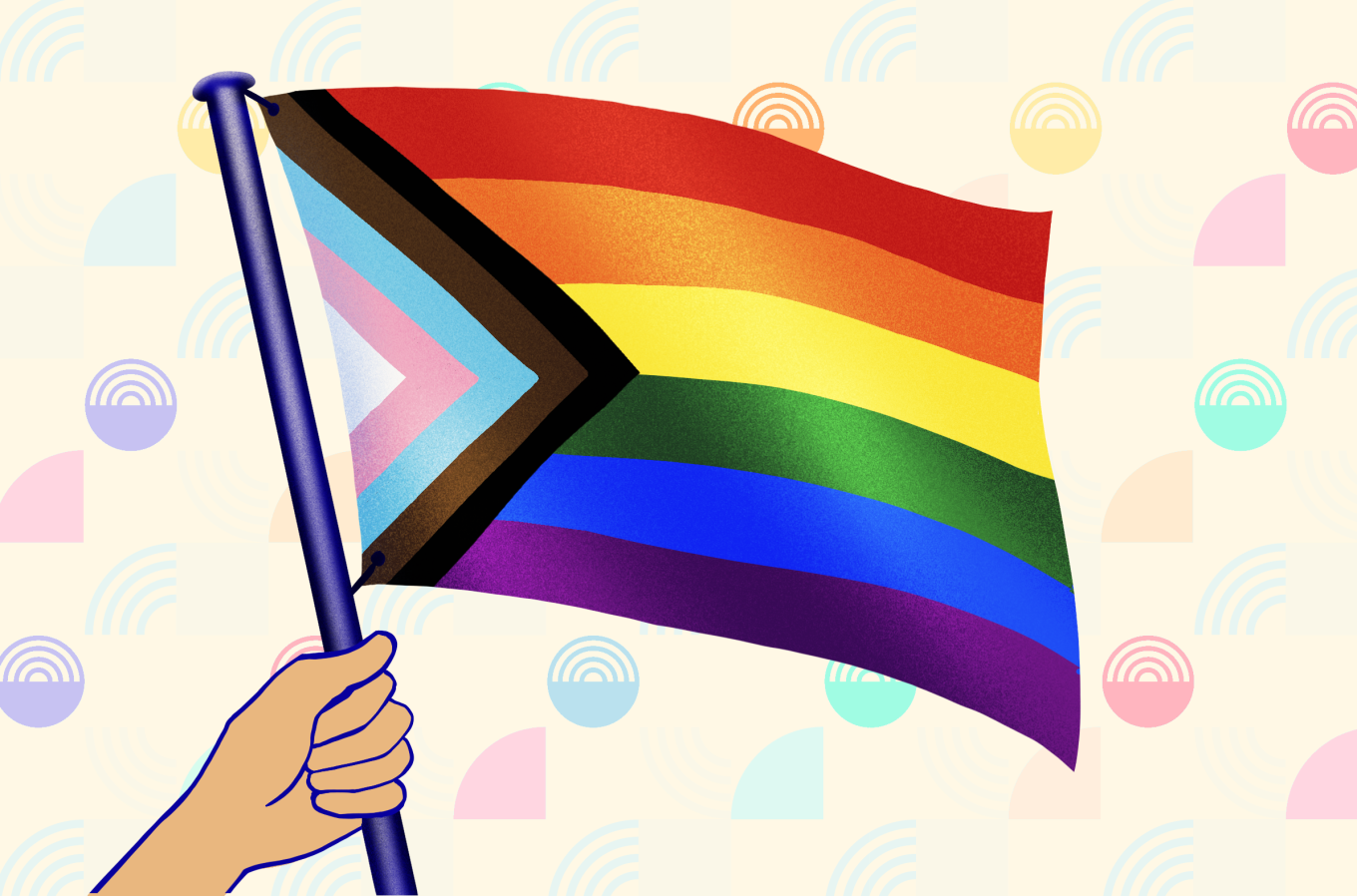
Trans Flag
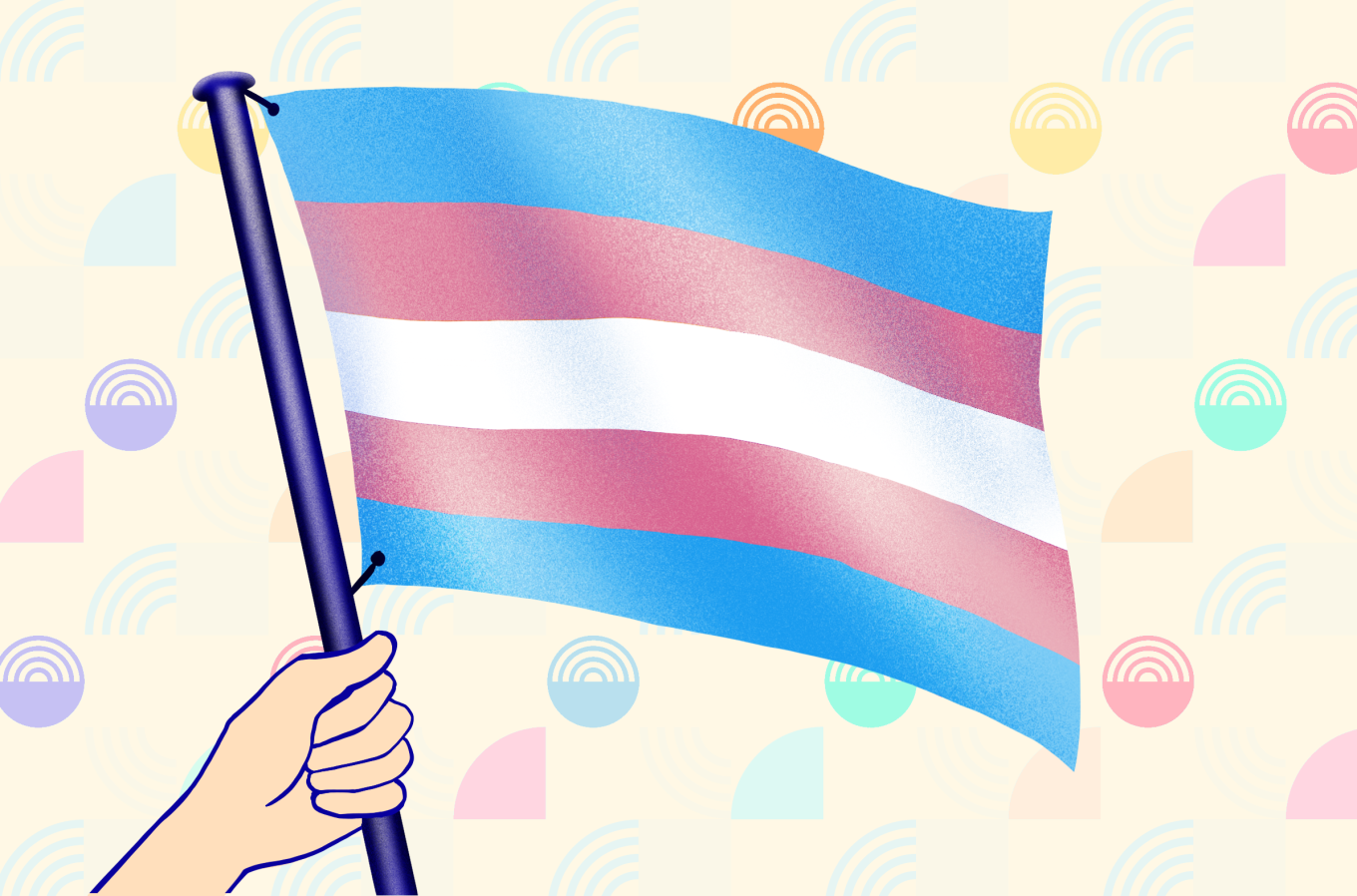
Intersex Flag
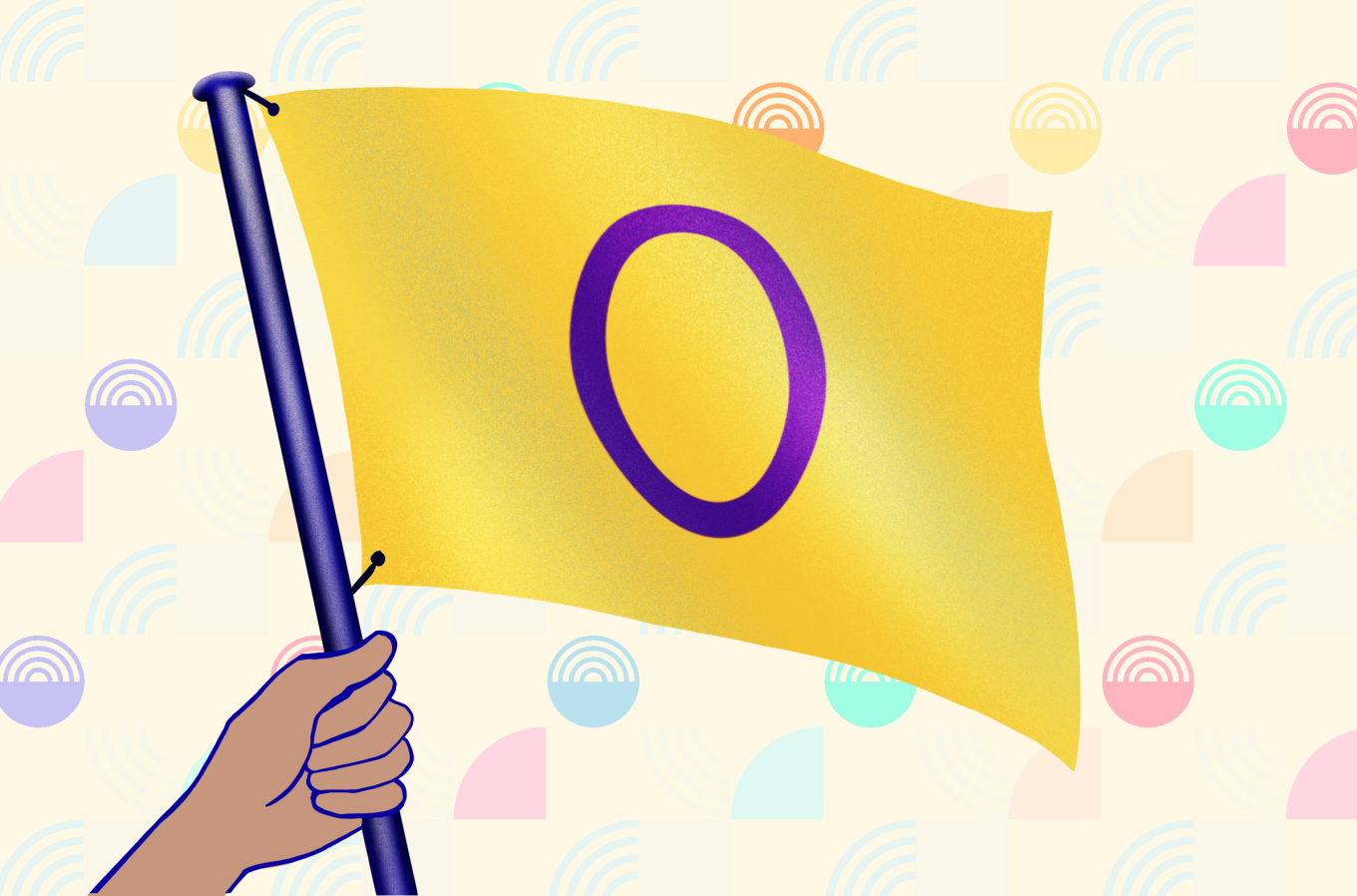
Bisexual Flag
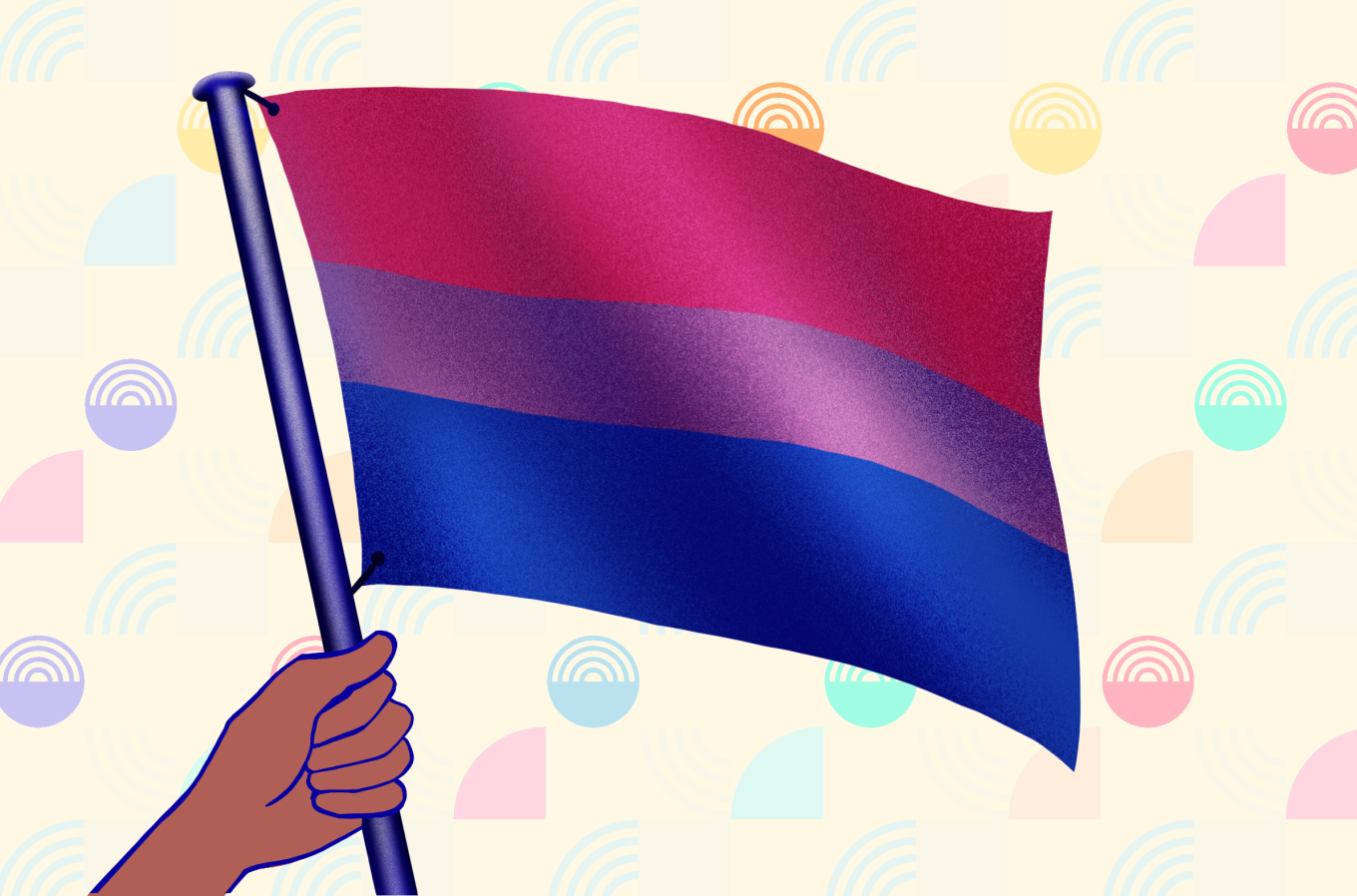
Lesbian Flag
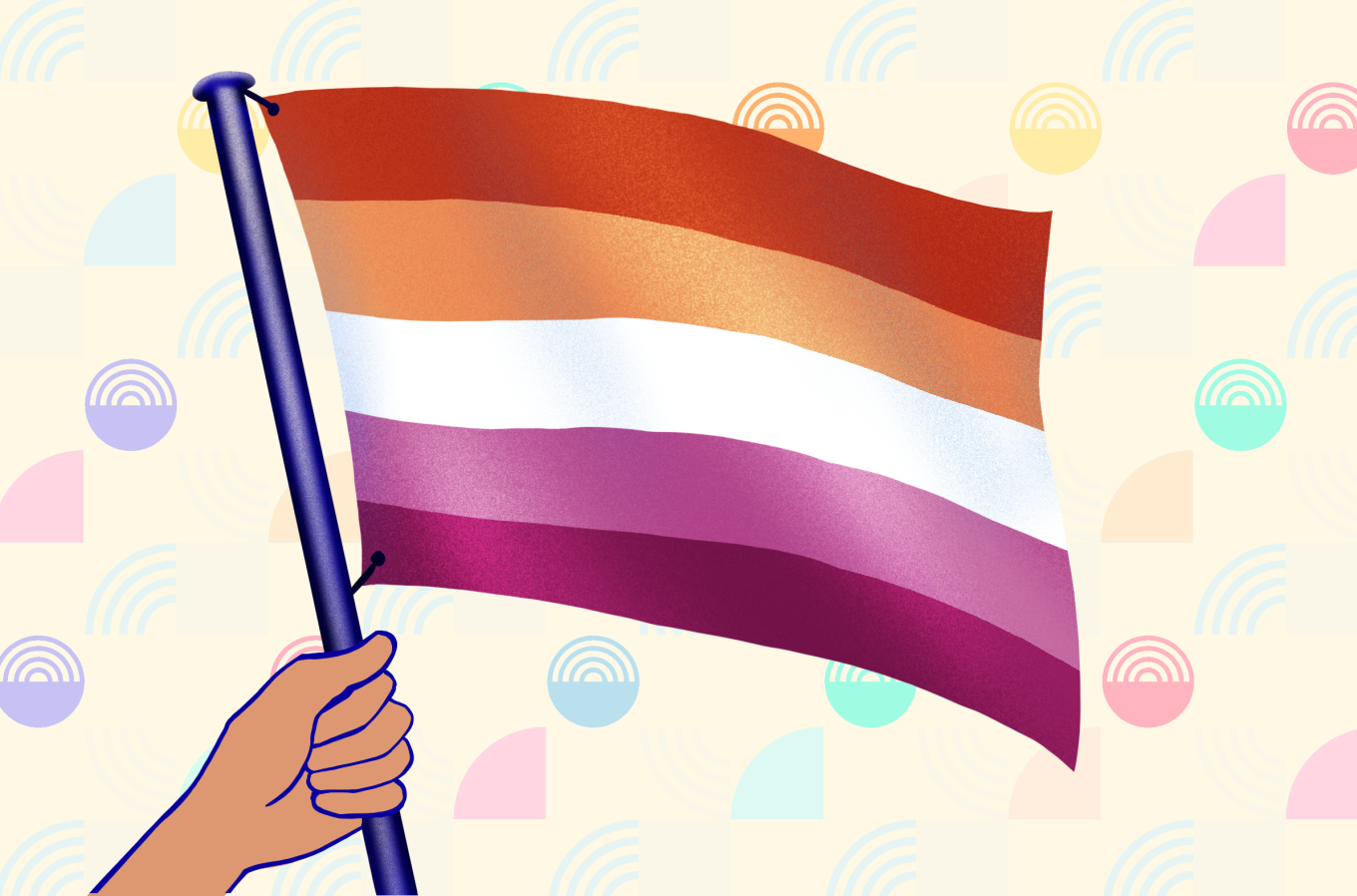
Pansexual Flag
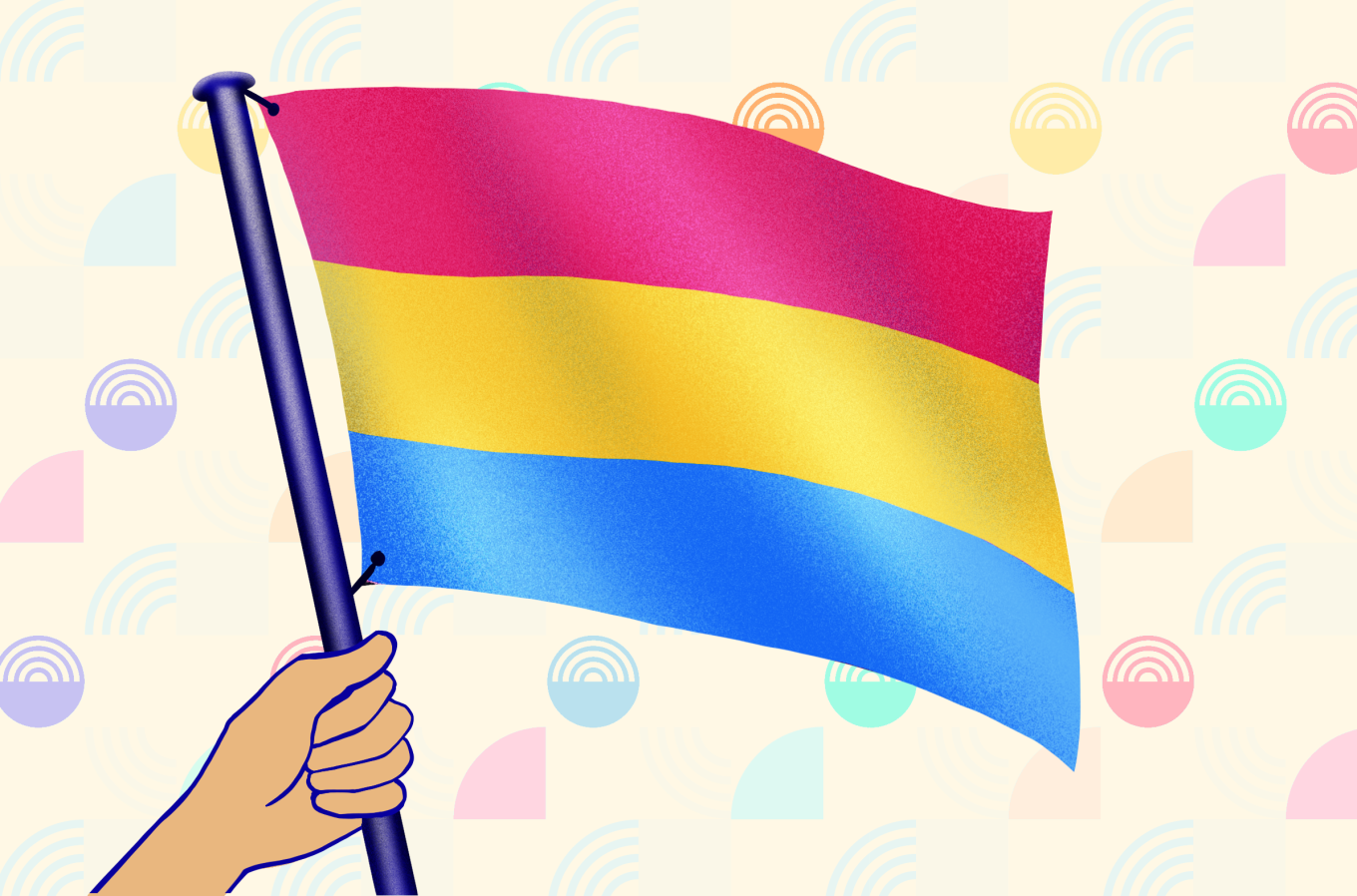
Nonbinary Flag
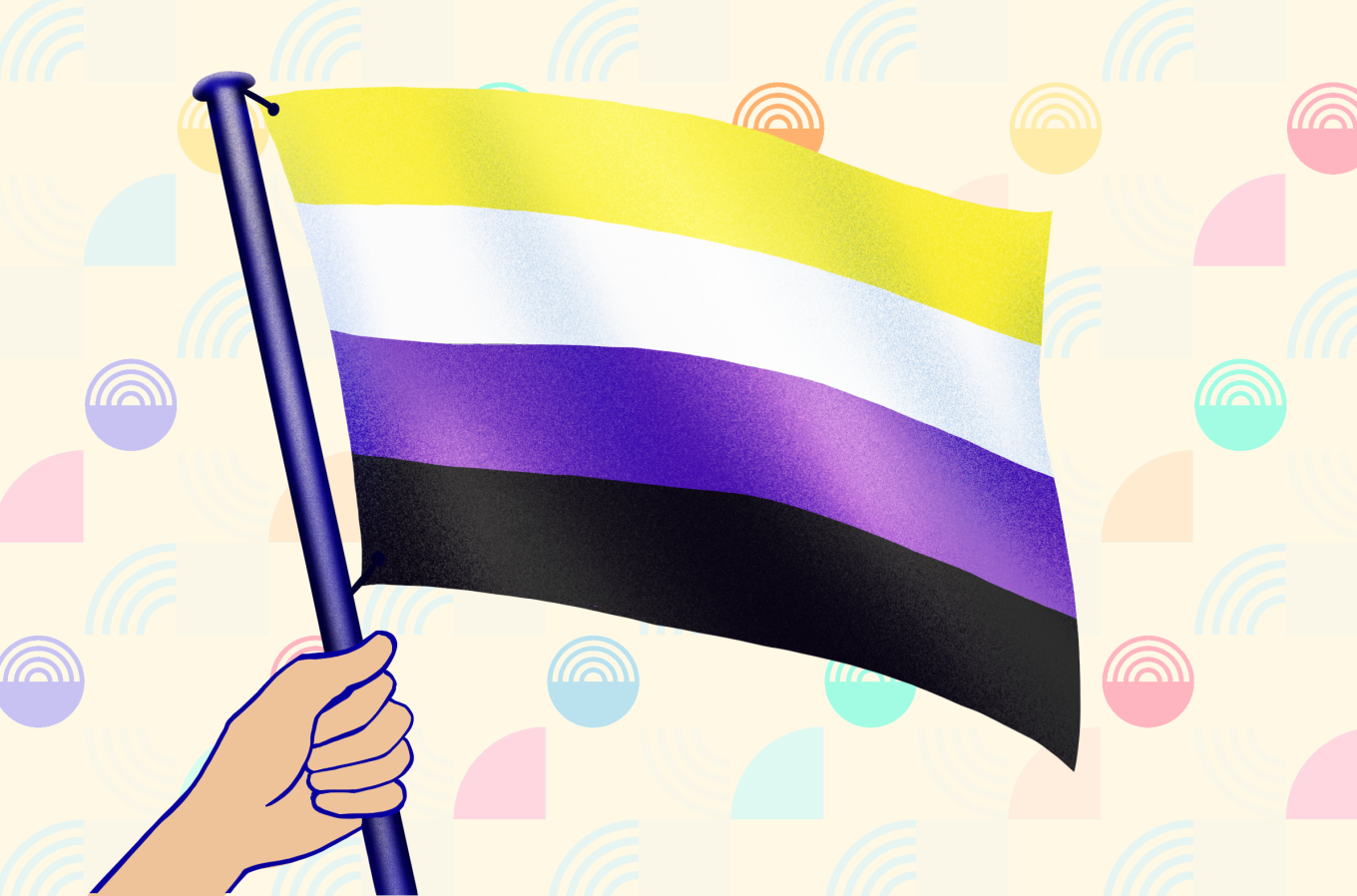
Asexual Flag
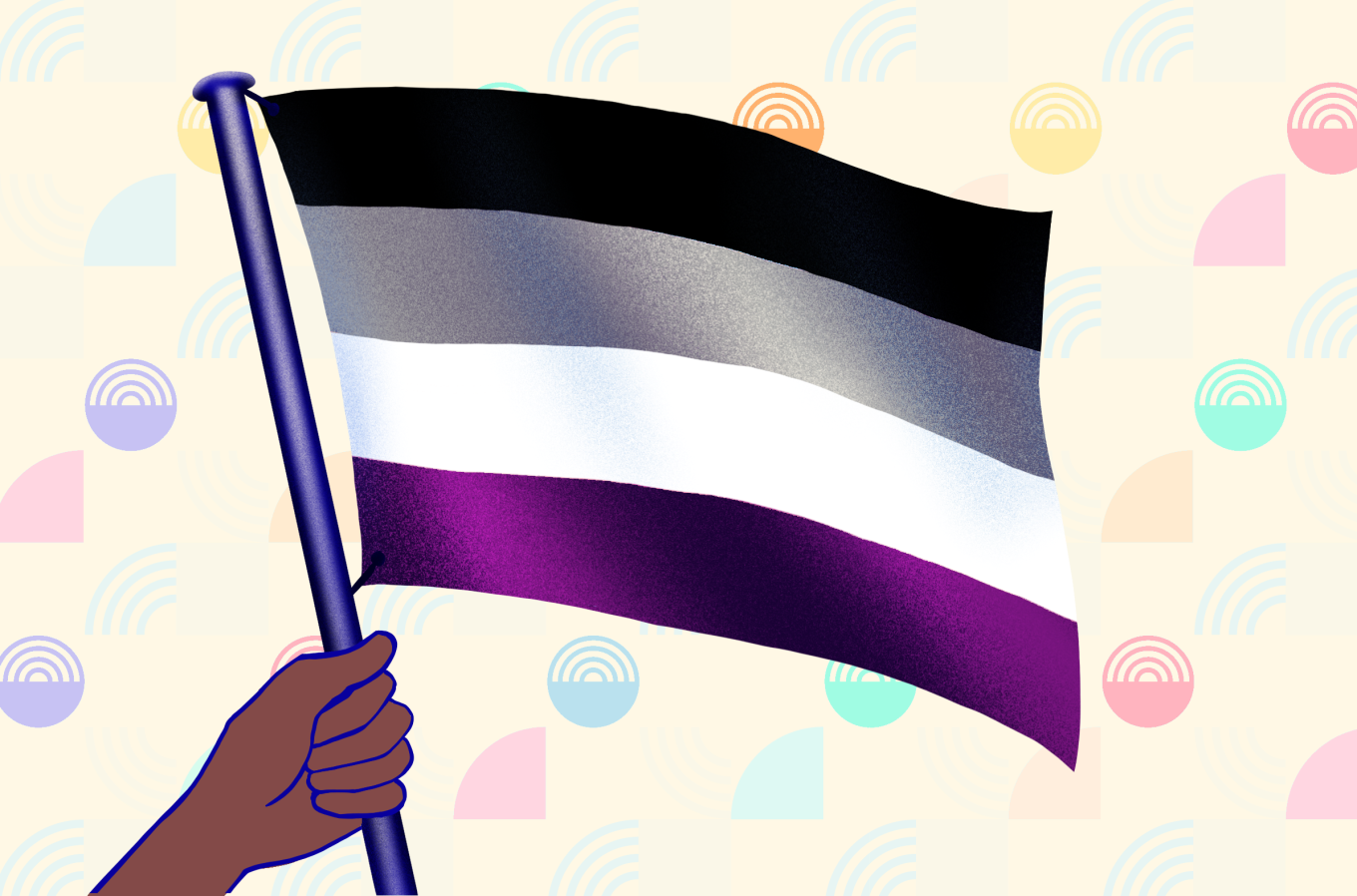
Genderfluid Flag
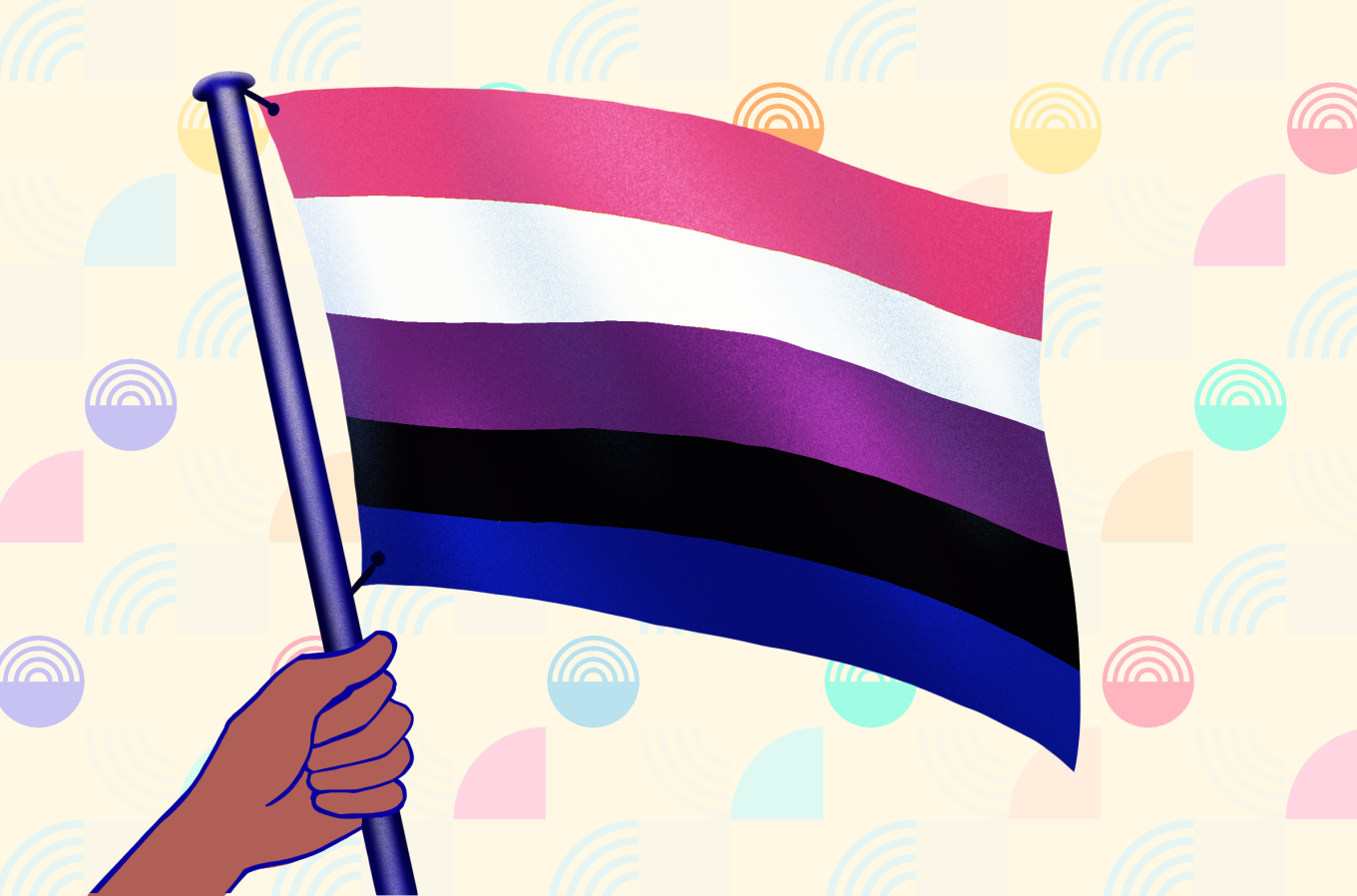
Agender Flag
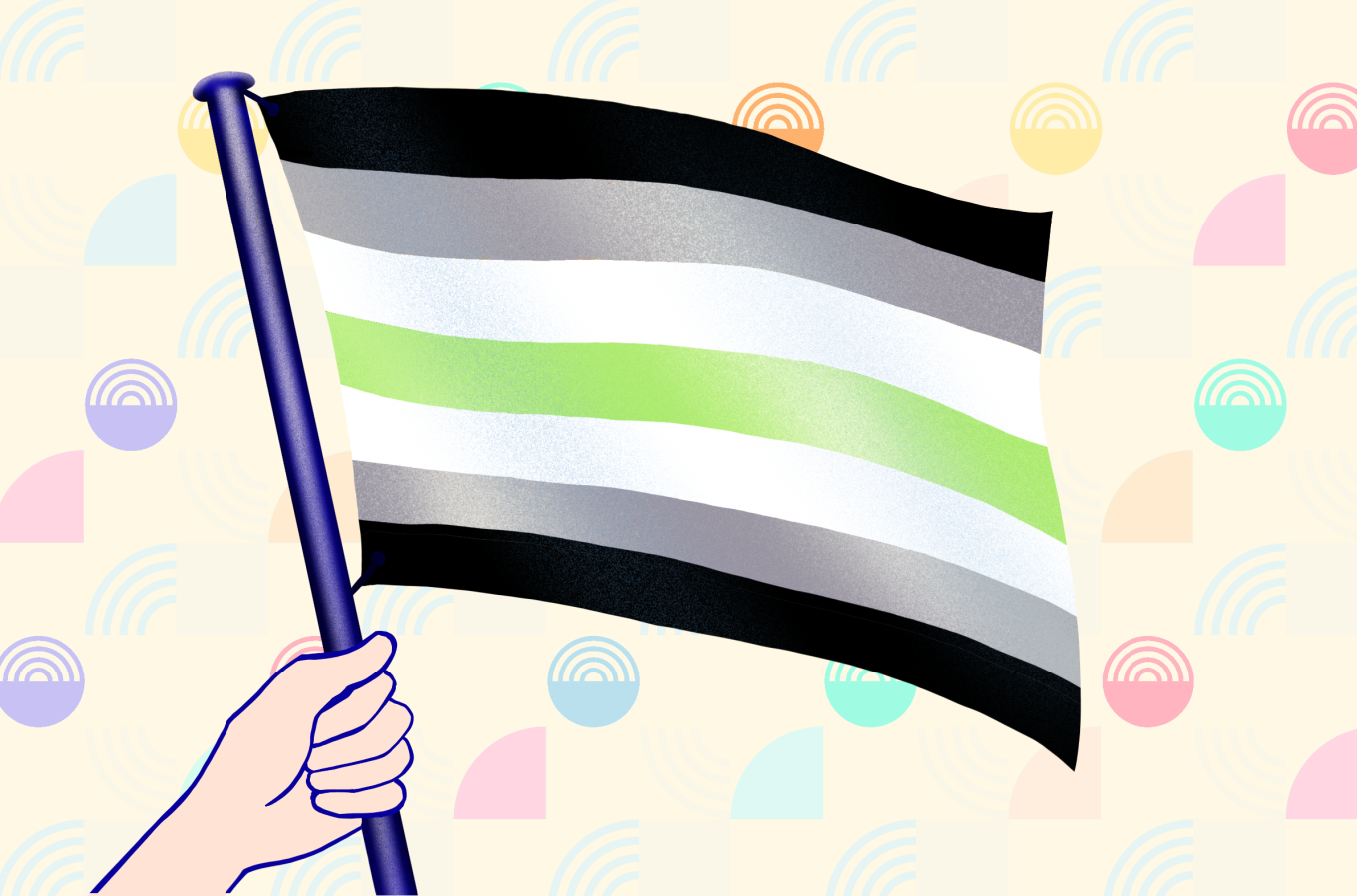
Genderqueer Flag
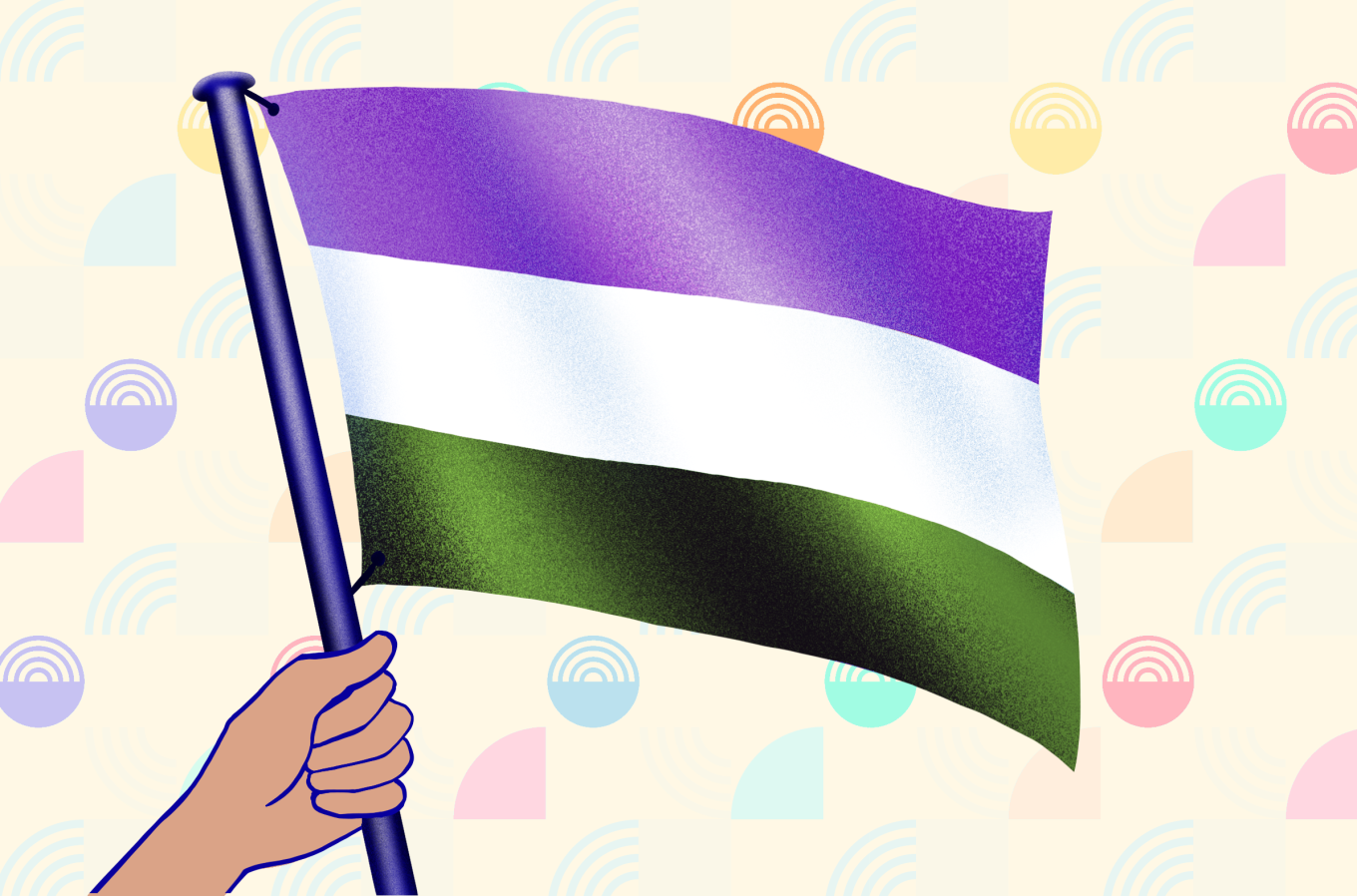
Click here for an in-depth list of flags that represent individuals in the LGBTQIA+ community!

Billy Tipton (1914 - 1989)
Billy Tipton was a jazz musician and talent agent. While assigned female at birth, Billy identified as a man from the 1930’s until his death. After two successful jazz albums in 1957, he received offers to be a regular performer in Reno, Nevada. Instead, he moved to Spokane, Washington and performed weekly with his band, The Billy Tipton Trio. He continued living in Spokane after his retirement and passed away in 1989. His life story and legacy are covered in greater detail in the documentary No Ordinary Man released in 2020.

Darcelle XV (1930-2023)
Darcelle XV was the stage name of Walter Cole, a drag performer and bar owner in Portland, Oregon. After serving in the US Army in the early 1950’s Cole became a businessman in Portland. Eventually he bought what would become the Darcelle XV Showplace in 1967. Darcelle XV began performing at the bar in 1969 and continued her performances until her death in 2023. Furthermore, Darcelle held the title of oldest performing drag queen in the Guinness World Record Book! On July 13, 2023 the Portland City Council unanimously voted planned to renovate and rename O’Bryant Square after Darcelle XV.

Sandy Williams (1961-2022)
Sandy Williams was a journalist, filmmaker, organizer, and activist for Black and LGBTQ+ communities in Spokane. Her work included leading the Eastern Washington University (EWU) Pride Center, where she established both Lavender Graduation. Additionally, she published and edited The Black Lens, a newspaper focused on Black and African American topics, and was the founder and executive director of the Carl Maxey Center. While her work was focused on creating community and supporting Black and LGBTQ+ individuals in Spokane, her work also helped educate the wider Spokane community on issues of diversity, inclusion, and equity.

Nico Santos (1979 - )
Nico Santos is an actor and comedian. Born in the Philippines he immigrated to Oregon in at 16. He worked in the costume department of the Oregon Shakespeare Festival before her moved to San Francisco to be a stand-up comedian. His comedy career grew as a panelist on Chelsea Lately. His acting career developed into a lead ensemble role on the tv show Superstore and a supporting role in Crazy Rich Asians. He has publicly discussed his difficulties finding success as an Asian American, immigrant, and gay man in entertainment. He continues to act in film, on stage, and television.

Heather Purser (1983 - )
Heather Purser is a commercial diver and Oral History Project Coordinator. As a member of the Suquamish Tribe, she spent four years advocating for the Suquamish Tribe to legalize same-sex marriage. After speaking to many tribal and council members she gained unanimous agreement leading to the official adoption of marriage equality by the tribal council on August 1, 2011. Her activism was more widely recognized when she was awarded the Human Rights Award on Seattle Human Rights Award Day, February 16, 2012.

Megan Rapinoe (1985 - )
Megan Rapinoe is a retired professional soccer player who spend most of her career playing for the Seattle Reign FC. During her professional sports career she won a gold metal as part of the USA Women’s team at the 2012 Olympics and was part of champion teams at both the 2015 and 2019 FIFA Women’s World Cup. Beyond athletics she has been involved in activism focused pay parity for women athletes, LGBTQ+ issues, and racial justice. She published her autobiography, One Life, in 2020 that went on to be a New York Times best seller. In retirement she has continued her advocacy for women’s sports and LGBTQ+ inclusion.
The 1920s: The origins of the gay rights movement go back to the early 1900s when LGBTQIA+ individuals created their own organizations to fight for equal rights. For example, the first homosexual rights organization in the United States was founded by Henry Gerber in Chicago. Gerber created the Society for Human Rights in 1924, but it was quickly dissolved under police pressure after a few months.
1951: The Mattachine Society (initially called the Mattachine Foundation) began as a secret organization in Los Angeles in 1950. The Mattachine Society became the first national gay rights organization in 1952 by Harry Hay. Hay is considered by many as the founder of the gay rights movement.
1955: The Daughters of Bilitis was the first lesbian rights organization in the United States. The organization was established in San Francisco in 1955.
1962: Illinois became the first American state to decriminalize homosexual acts between consenting adults in private.
1966: The world's first transgender organization, the National Transsexual Counseling Unit, was established in San Francisco.
June 28th, 1969: This date marks the beginning of the Stonewall Uprising. The Stonewall Uprising was a series of events between police and LGBTQIA+ protests over six days. Although it was common for the police to raid gay bars and clubs, and it was not the first time LGBTQIA+ individuals fought back, the events of the Stonewall Uprising changed the trajectory of Queer activism in the United States.
June 28th, 1970: On the one-year anniversary of the Stonewall Uprising, New York, Los Angeles, and Chicago held their first Pride Marches. Thousands of LGBTQIA+ individuals and supporters gathered to pay tribute to Stonewall and fight for equal rights. In time, the New York City Pride March came to be known as the Gay Pride Parade.
1973: The American Psychiatric Association removed homosexuality from its official list of mental disorders.
1976: San Francisco Mayor George Moscone appoints Harvey Milk to the Board of Permit Appeals, making Milk the first openly gay city commissioner in the United States.
1979: About 75,000 people attended and participated in the National March on Washington for Lesbian and Gay Rights in Washington, D.C., in October 1979. This event still stands as the largest political gathering supporting LGBTQIA+ rights.
1982: Wisconsin becomes the first state to outlaw discrimination based on sexual orientation.
1984: Berkeley, California, became the first city to offer its employees domestic partnership benefits.
1993: The "Don't Ask, Don't Tell" policy is instituted for the U.S. military, permitting gay individuals to serve in the military but banning homosexual activity.
1996: In Romer v. Evans, the Supreme Court strikes down Colorado's Amendment 2, which denied gay and lesbian individuals protections against discrimination, calling them "special rights."
2003: The U.S. Supreme Court ruled in Lawrence v. Texas that sodomy laws are unconstitutional. In November 2003, the Massachusetts Supreme Judicial Court ruled that barring gay and lesbian individuals from marrying violates the state constitution.
May 17, 2004: Same-sex marriages become legal in Massachusetts.
2006: Attorney and transgender activist Kim Coco Iwamoto was elected to Hawaii's state-level Board of Education. She is the first openly transgender person elected to a state-level office in the United States.
2007: In November, the House of Representatives approves a bill ensuring equal rights in the workplace for gay men, lesbians, and bisexuals.
January 7, 2009: The David Ray Hate Crimes Prevention Act, or David's Law, was introduced in the US House of Representatives by Rep. Sheila Jackson-Lee of Texas. It was designed to enhance federal enforcement of laws regarding hate crimes and to specifically make sexual orientation, like race and gender, a protected class.
June 17, 2009: President Obama signs the Matthew Shepard and James Byrd, Jr. Hate Crimes and Prevention Act, also known as the Matthew Shepard Act, into law.
2011: The US military policy "Don't Ask, Don't Tell" officially ends. This allowed lesbian, gay, and bisexual people to serve openly in the military. The repeal of "Don't Ask, Don't Tell" does not lift regulations barring many transgender people from serving.
2013: The US federally recognizes same-sex marriages, extending federal benefits to couples that allow same-sex marriage.
2014: The Department of Education issues official guidance to clarify that transgender students are protected from discrimination under Title IX, a federal civil rights law that prohibits discrimination against students based on sex/gender in federally funded education programs and activities.
2014: Austin City Council approves ordinance for single-stall bathrooms to be recognized as gender-neutral.
2015: The Supreme Court ruled that States are constitutionally required to issue marriage licenses to same-sex couples, legalizing marriage in all 50 states.
2015: Inspired by Black Lives Matter, students at the University of Missouri began the #CouncernedStudent1950 movement in response to racism, sexism, and other issues in the administration. Queer-identified black students led the movement, such as student body president Payton Head.
2016: President Obama dedicated the new Stonewall National Monument in Greenwich Village, Lower Manhattan, as the first US National Monument to honor the LGBTQIA+ rights movement.
July 26, 2017: Donald Trump attempts to ban trans people from serving in the military. Despite surrounding legal battles, federal courts and the Pentagon subsequently stated that transgender individuals would be able to continue in the army and could enlist starting Jan. 1, 2018.
2017: America's first intersex birth certificate was issued in New York. Supermodel Gaby Odiele came out as intersex, and former U.S. Surgeons General joined international human rights organizations calling for an end to involuntary surgery on intersex babies.
January 10, 2018: The Inter-American Court of Human Rights ruled that Latin American governments have to allow same-sex marriage in their countries.
May 7, 2018: The United Methodist Church allows LGBTQIA+ clergy and same-sex marriages in their churches.
June 19, 2018: Transgender identity is no longer classified as a mental disorder in the International Statistical Classification of Diseases and Related Health Problems,
2019: The 50th anniversary of the Stonewall Uprisings.
2019: California court rules against anti-trans discrimination in healthcare. ACLU SoCal won a landmark case protecting the rights of transgender patients trying to access medical care.
2020: The Supreme Court outlaws LGBTQIA+ Employment Discrimination. On June 5, 2020, the Supreme Court ruled that federal laws sanctioning sex-based workplace discrimination under Title VII of the Civil Rights Act of 1964 also apply to LGBTQIA+ workers.
2021: U.S. President Joe Biden proclaimed March 31 as a Transgender Day of Visibility. Biden was the first American president to issue a formal presidential proclamation recognizing the event.
2022: Ellia Green became the first Olympian to come out as a trans man.
2022: Swimmer Lia Thomas became the first openly transgender athlete to win an NCAA Division I national championship in any sport after winning the women's 500-yard freestyle with a time of 4:33:24.
2023: Kim Petras (and Sam Smith) won the 2023 Grammy Award for Best Pop Duo/Group Performance for "Unholy," making Petras the first openly transgender artist to win a major-category Grammy Award.
2023: Jesse Ehrenfeld became the first openly gay president of the American Medical Association.